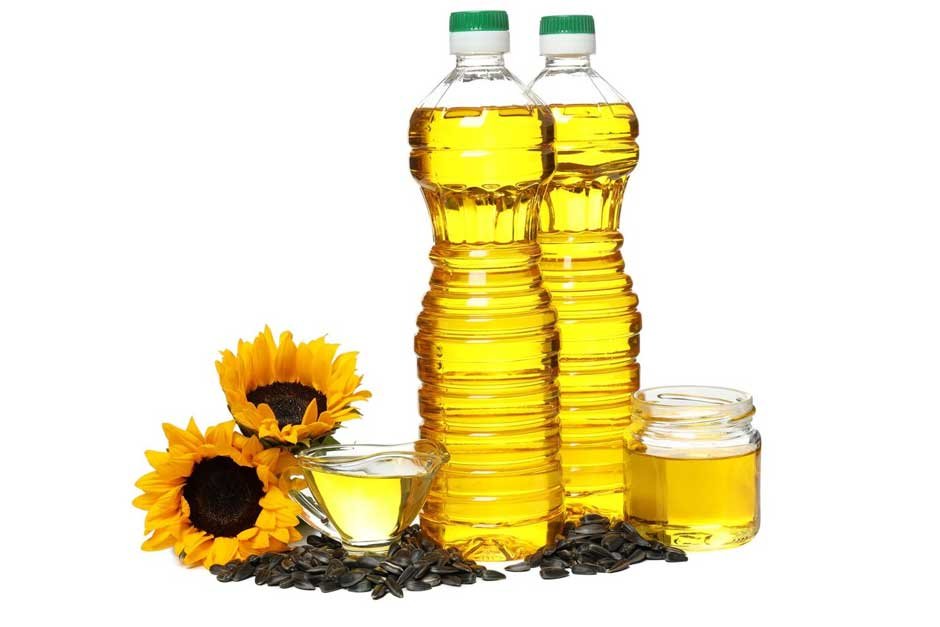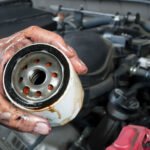One of the biggest challenges in food service is managing frying oil. Understanding how to identify bad frying oil is crucial for maintaining food quality and ensuring customer satisfaction. Poorly maintained oil not only affects flavor but can also lead to increased waste and unnecessary expenses.
In this article, we’ll explore the best oil filtration techniques to help commercial kitchens extend oil life, reduce waste, and maintain a high standard of food quality.
Understanding Oil Filtration in Commercial Kitchens
Oil filtration is the process of removing food particles, carbon deposits, and other impurities from frying oil. Over time, frying oil breaks down due to high temperatures, moisture, and food residues. Without proper filtration, oil degrades faster, leading to waste, off-flavors, and higher costs.
Implementing effective filtration methods helps kitchens maintain oil quality, improve the taste of fried foods, and save money on frequent oil changes. Regular filtration also helps reduce environmental impact by minimizing the amount of used oil that needs disposal.
Best Oil Filtration Techniques for Commercial Kitchens
Commercial kitchens can implement multiple ways to filter used oil. Below are some of them:
1. Manual Oil Filtration
Manual filtration is a simple yet effective way to extend oil life. This method involves using a fine-mesh strainer or cloth to remove large food particles after each frying session. While it doesn’t eliminate microscopic contaminants, it helps slow down oil degradation.
To manually filter oil, allow the oil to cool to a safe temperature. From there, pour it through a fine-mesh filter or cheesecloth into a clean container. Store the filtered oil in a dark, cool place to prevent oxidation.
Although this method is cost-effective, it requires frequent repetition to maintain oil quality.
2. Portable Oil Filtration Machines
For busier kitchens, a portable oil filtration machine is a game-changer. These machines use built-in pumps and filters to clean frying oil efficiently in just a few minutes, removing fine food particles and carbon deposits.
Benefits of using an oil filtration machine include:
- faster and more thorough oil cleaning.
- improved food quality by reducing burned residue.
- extended oil lifespan, reducing overall costs.
3. Built-in Fryer Filtration Systems
Many modern commercial fryers come with built-in filtration systems. These automated systems continuously clean the oil while the fryer is in use, preventing rapid oil degradation.
Key advantages of these systems include:
- less manual labor needed for oil maintenance.
- reduced oil replacement frequency.
- a consistent frying environment for better food texture and taste.
While built-in systems have a higher upfront cost, they pay off by reducing oil waste and labor time.
4. Powder Filtration Aids
Filtration powders are an additional tool that can help clarify used oil. These powders attract and bind to tiny food particles and free fatty acids, allowing impurities to settle at the bottom of the fryer.
To use filtration powders effectively, sprinkle the powder over the oil after a frying session and let it sit for a few minutes. Then, run the oil through a filter to remove the bonded impurities.
This method enhances oil clarity, slows oxidation, and improves food crispiness.
5. Regular Oil Testing and Quality Monitoring
Filtration alone isn’t enough. Regular oil testing is also vital to ensure quality is maintained.
Simple tests such as visual inspection, smell, and the “foam test” can indicate when oil is breaking down. More advanced methods include test strips or electronic oil quality meters that measure total polar compounds (TPCs) in the oil.
Monitoring oil quality helps kitchens decide when to filter or replace oil, preventing unnecessary waste and ensuring food consistency.
Why Proper Oil Filtration Matters
Effective oil filtration isn’t just about cost savings. It also impacts food taste, customer satisfaction, and sustainability.
Clean oil produces crispier, fresher-tasting fried foods while reducing the risk of harmful compounds forming in degraded oil.
Investing in the right filtration techniques, commercial kitchens can:
- reduce oil consumption by up to 50%.
- lower operating costs over time.
- cut down on waste, making operations more environmentally friendly.
Conclusion
Oil filtration is an essential practice in any commercial kitchen. Whether using manual methods, filtration machines, or built-in fryer systems, maintaining clean frying oil ensures better food quality and significant cost savings.
Understanding how to identify bad frying oil and implementing the right filtration techniques can help restaurants improve efficiency, reduce waste, and maintain a high standard of food service.






Leave a Reply